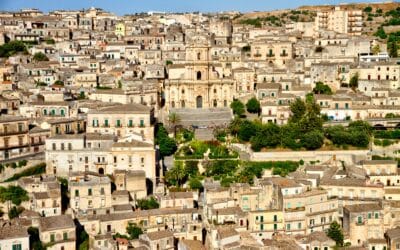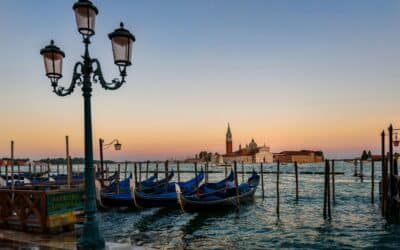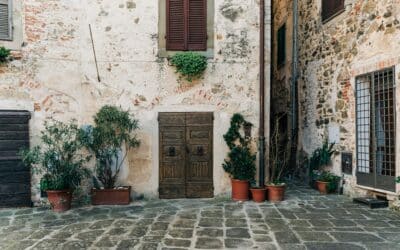Avere la testa tra nuvole (literally: to have the head amongst the clouds) is a metaphorical expression describing someone that is absent-minded or someone that is lost in his/her thoughts and that results disconnected from the reality.
- Anche oggi hai dimenticato di comprare il pane..hai sempre la testa tra le nuvole Matteo!
- Secondo un nuovo studio avere la testa tra le nuovole stimolerebbbe la creatività.
- Da bambina ero una sognatrice, avevo sempre la testa tra le nuvole.
Vocabulary checklist:
Do not forget that the verb dimenticare takes the preposition DI.
sognatore (m.), sognatrice (f.): dreamer
da bambina, da bambino: as child. Do not forget to use the imperfetto after this expression when you are talking about situations that happened that for an indefinite period of time in your past.
Do you have similar expressions in your native languages? If so, please write it down in the comments and explain its meaning in Italian!







